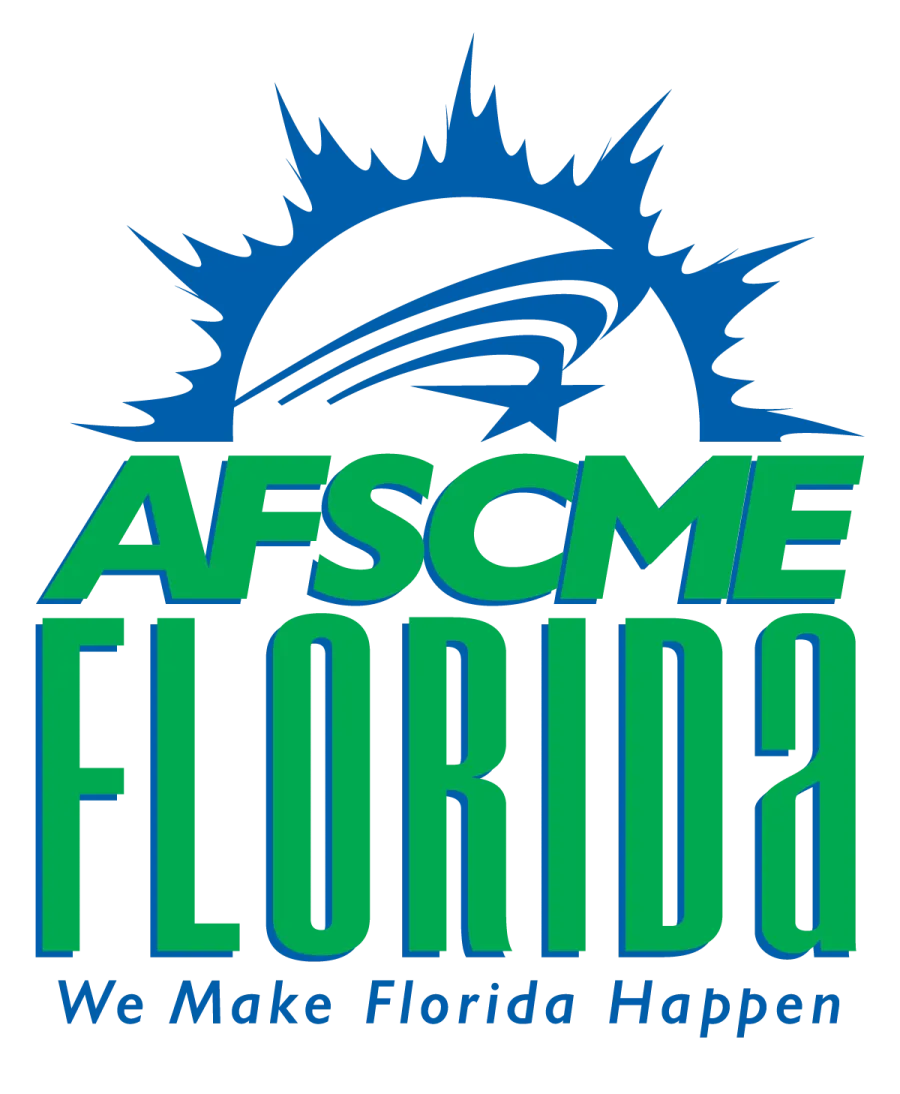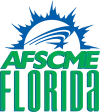AFSCME Florida Response to Florida State Employees’ Charitable Campaign Investigation

The full story can be read online here.
Outraged that most of the money collected through Florida's state-employee charity drive ended up in the pockets of the company overseeing it, state Sen. Bill Montford said he's working on a bill that would fix the problem.
"To know that we've got a company in my opinion ripping off state employees and taking money that should be feeding hungry children is beyond infuriating," said Montford, D-Tallahassee. "And what's worse is that it's legal. And it's a shame that the state of Florida has entered into an agreement that would allow this to happen."
An investigation by the Tallahassee Democrat found that Solix, Inc., the company administering the campaign, last year walked away with more than half the cash collected. This year, the company could get roughly two-thirds of the money donated by state workers. Meanwhile, donations have tanked over the past few years, going from $2.66 million in 2011 to perhaps $600,000 from this year's campaign, which ends Friday.
Montford, a past United Way of the Big Bend campaign chairman, isn't the only lawmaker infuriated over the state's handling of the Florida State Employees Charitable Campaign, a charity drive held every fall in state-agency offices.
Rep. Alan Williams, D-Tallahassee, said he plans to investigate the state's handling of the campaign in the legislative session that begins in January. United Way chapters across Florida oversaw it until 2013, when the state began contracting with Solix.
"I'm furious that hardworking state employees whose sole intent was to do good for organizations they care about ... are now being shortchanged," he said. "And instead of dollars going into funding programs that make a real difference in the lives of Floridians, they're going into corporate coffers. And that's inexcusable."
The Democrat's coverage of the campaign prompted criticism from many quarters — people in the nonprofit world, former and current state workers and groups representing them, including the American Federation of State, County and Municipal Employees of Florida.
"It would outrage anyone to learn that half or more of someone's charitable giving was being taken by a for-profit company, instead of going to the needy purpose of helping people," said Andy Madtes, executive director of AFSCME Florida. "The FSECC needs to be fixed — to restore an unwavering level of trust and transparency to encourage and protect the charitable giving of public employees."
Andy Janecek, a state worker in Tallahassee who gave a one-time donation to the campaign, said agency employees should have been notified of the amount of money Solix was taking.
"I just think they should disclose the actual amount of overhead costs incurred by the vendor for that transparency," he said. "That would give a donor at least notice that maybe they should consider donating directly to the charity."
DMS said state employees can cancel payroll-deduction pledges. But one-time donations can't be rescinded.
Rep. Michelle Rehwinkel Vasilinda, D-Tallahassee, said she plans to make inquiries with state officials about the campaign, which she said may have a "huge problem."
"The bottom line is it's gotten my attention," she said. "It's gotten other legislators' attention. With the press putting it into the light here, I think we're all aware and ready to ask some hard questions."
House Democratic Leader Mark Pafford, D-West Palm Beach, said the Solix contract represents another unneeded giveaway to the private sector.
"Clearly, what this represents is more of the same failure of privatization and tampering with the people's government," he said. "They take what has been a good program that helps people and turned it over to a vendor who is raking in profits. It's outrageous. It's absurd."
City Commissioner Gil Ziffer called Solix's handling of the campaign "a ripoff."
"Not-for-profits strive to operate on a really low administrative level so whatever funds they generate can be utilized for their services," he said. "In this particular case, we have a vendor that's making the money, and the people are losing."
'Dramatic' impact on charities
The FSECC was created by a Cabinet resolution in 1980 and was etched in Florida statutes in 1993. Statutes say the fiscal agent "shall withhold the reasonable costs for conducting the campaign," but they don't spell out what is considered reasonable.
The law does say charitable organizations whose administrative expenses exceed 25 percent are ineligible to receive donations through the FSECC, unless "extraordinary circumstances" can be shown. But the provision doesn't apply to the fiscal agent.
Solix, which administers the campaign but doesn't take part in actual fundraising in state offices, took 47 percent of the contributions in 2013 and 51 percent last year, according to documents from the Florida Department of Management Services. In 2013, the campaign raised $990,815, and Solix received $470,470. Last year, the campaign brought in $881,764, and Solix pocketed $453,599. The payments were based on the company's documented costs.
However, DMS said the costs to administer the campaign dropped after the New Jersey-based company became its fiscal agent. DMS said the United Way was paid $796,616 in 2011, or about 29 percent of the $2.66 million raised that year. Solix is expected to be paid $389,297 for this year's campaign, perhaps two-thirds of the amount raised.
But the United Way is disputing those figures. Ted Granger, president of the United Way of Florida, said DMS included roughly $190,000 in administrative costs for 2011 that actually were incurred in 2012. Granger said the amount withheld by the United Way from 2011 proceeds was $606,717, or a little more than 22 percent of the contributions.
Last year, state workers pledged $407,677 to United Way chapters across Florida and the agencies they serve, Granger said. But the estimated amount actually received by the charitable groups was only about half that amount, some $206,312. Fewer dollars mean fewer services for the hungry, victims of domestic violence and others in need.
"It affects the United Way and every charity in the state in dramatic ways," he said.
